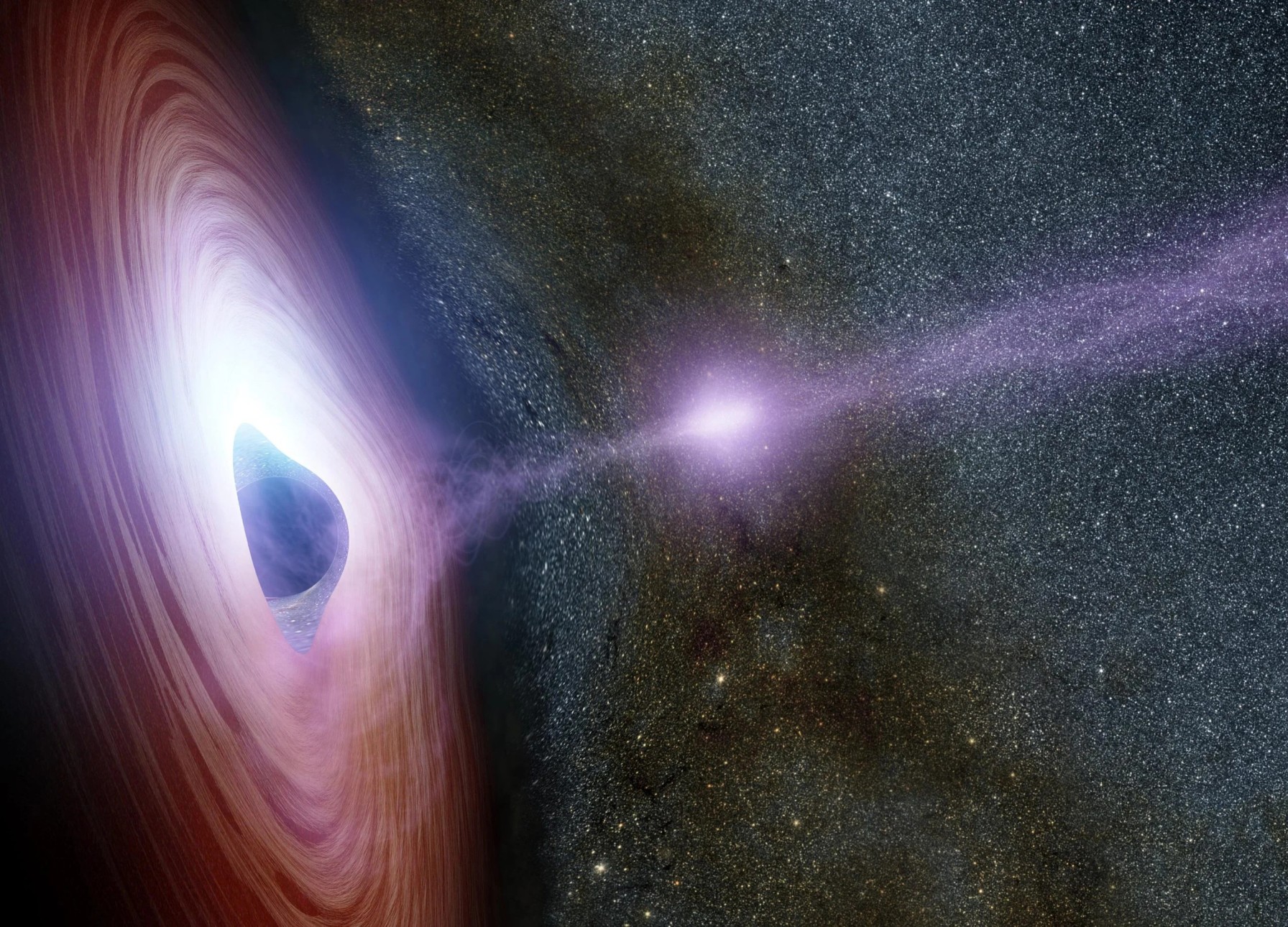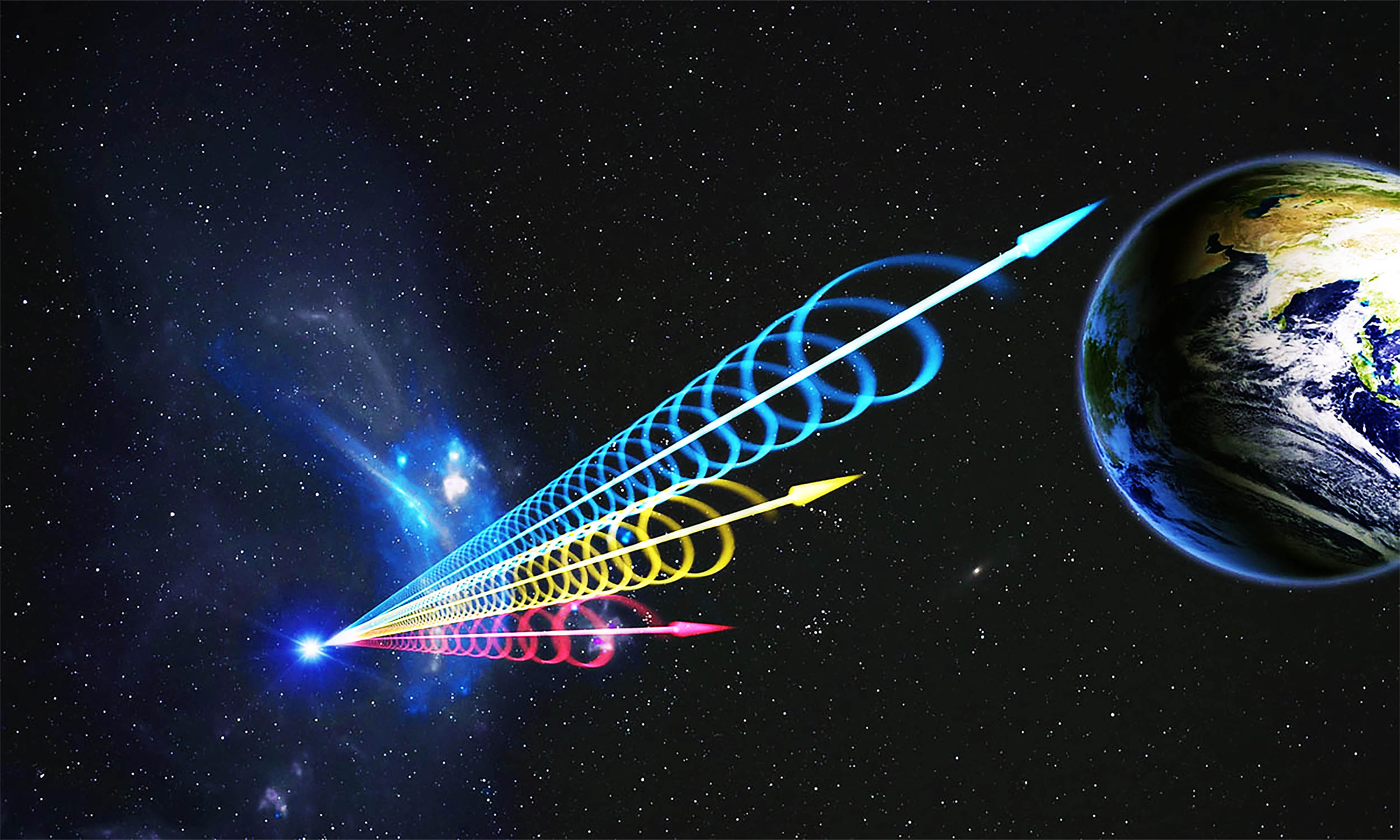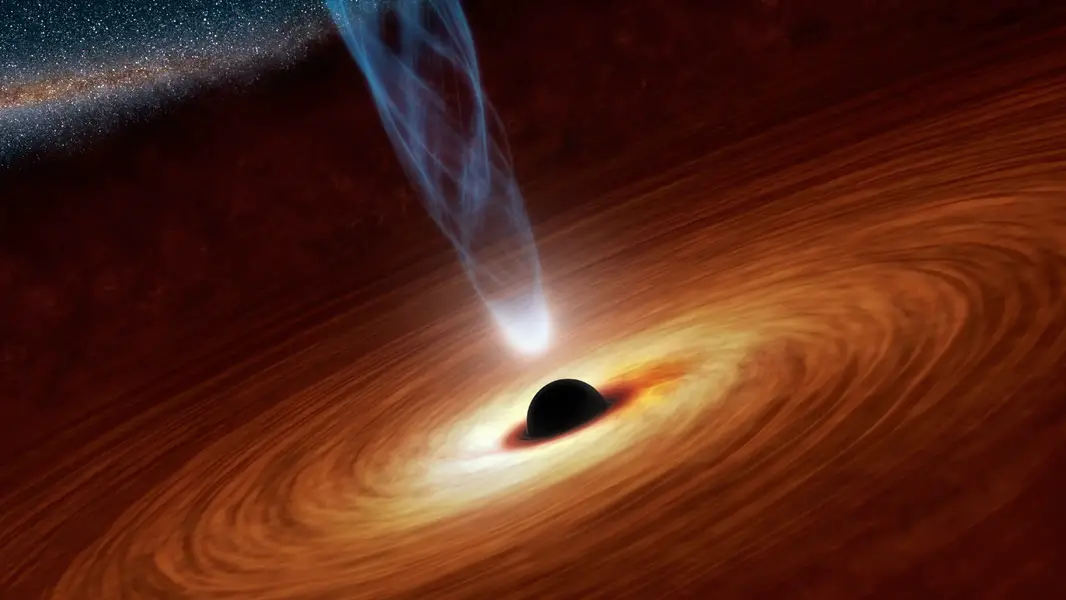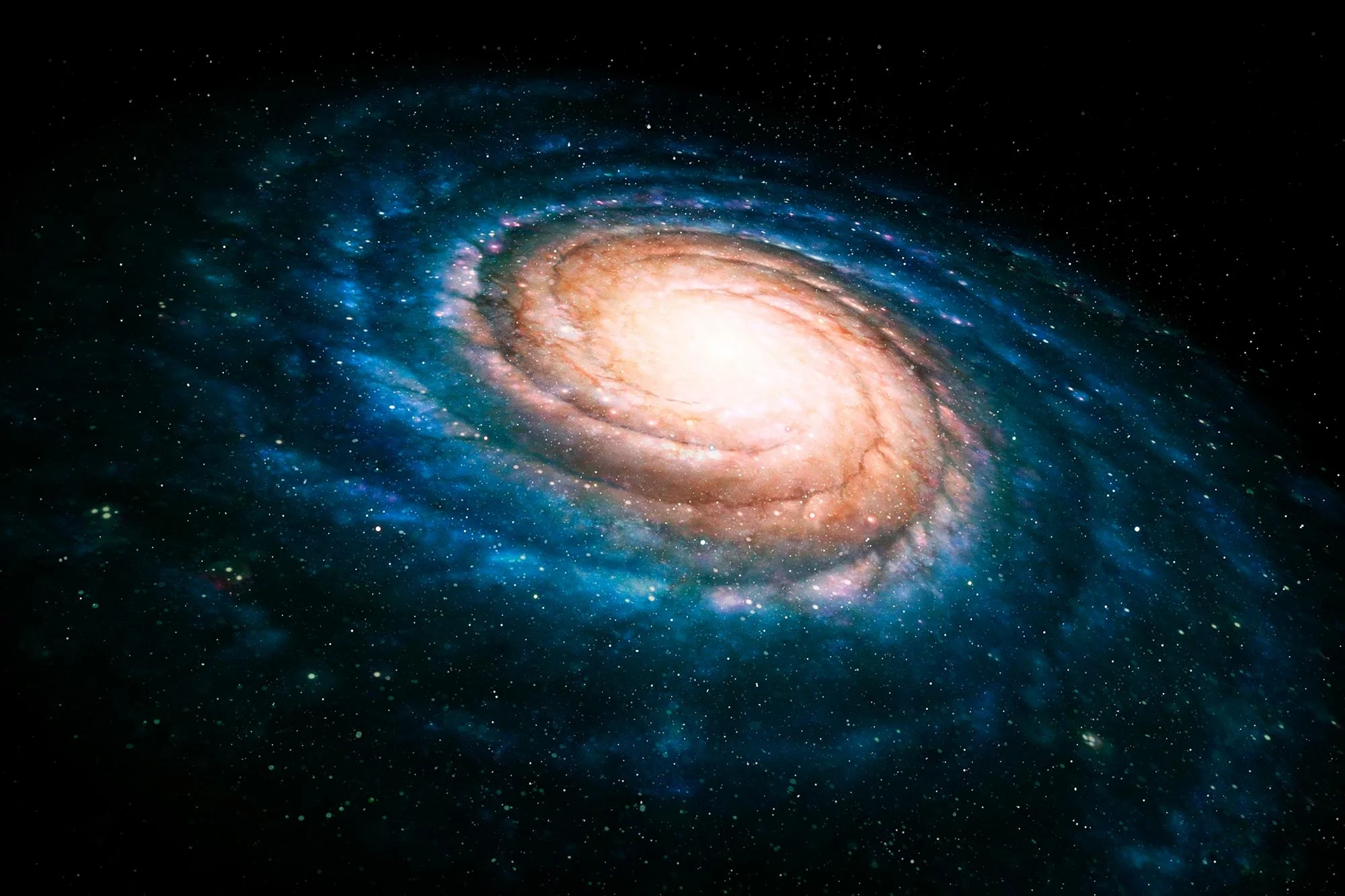12 billion light-years away: Ancient galaxy hosts the universe’s earliest complex molecules.
Key Takeaways
- The James Webb Space Telescope (JWST) detected the oldest known complex organic molecules in space.
- These molecules, called polycyclic aromatic hydrocarbons, were discovered in a galaxy 12 billion light-years away.
- The discovery pushes back the record for detecting such molecules by about a billion years.
- JWST’s resolution reveals the exact locations of these molecules within the ancient galaxy.
- Surprisingly, the molecules aren’t always linked to star formation, defying previous assumptions.
__________
Ancient Organic Molecules Discovered
Astronomers have identified the universe’s earliest examples of complex organic molecules, thanks to the powerful James Webb Space Telescope (JWST). These carbon-based compounds, known as polycyclic aromatic hydrocarbons (PAHs), were detected in a galaxy called SPT0418-47, located over 12 billion light-years from Earth. This finding sets a new record, as the light captured began its journey when the universe was less than 1.5 billion years old.
PAHs, commonly found on Earth in substances like soot and coal, are known to play a crucial role in interstellar chemistry, influencing how gases cool in galaxies. However, observing them in such distant, early galaxies has been difficult due to limitations in telescope sensitivity. JWST’s advanced technology not only detected these molecules but also mapped their distribution across the galaxy, revealing that their presence isn’t uniform—a discovery that raises new questions about their formation.
JWST Breakthrough and Implications
SPT0418-47’s discovery highlights the universe’s ability to produce large, complex molecules relatively soon after the Big Bang. According to lead researcher Justin Spilker, the galaxy already matches the Milky Way in mass and elemental composition, despite being only a fraction of its age. This rapid development challenges prior assumptions about galaxy evolution and star formation.
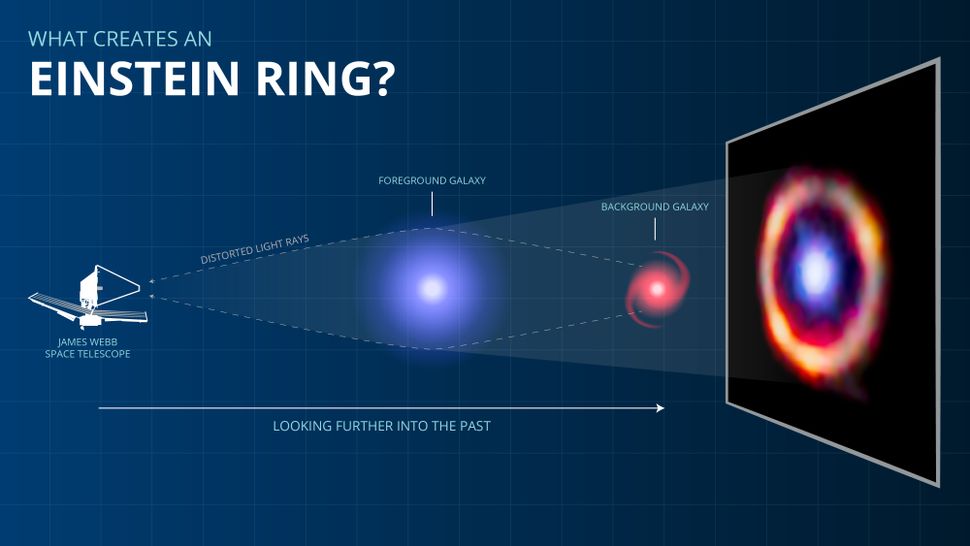
Previously, astronomers believed complex organic molecules were tightly linked to star-forming regions. However, JWST’s observations showed areas with abundant molecules but no star formation and vice versa. These findings suggest that the relationship between these molecules and stellar activity may be more nuanced than previously thought.
The study also benefited from gravitational lensing, a phenomenon predicted by Einstein’s theory of relativity. A massive galaxy cluster magnified the light from SPT0418-47, enabling astronomers to analyze it in unprecedented detail. Compared to older telescopes like NASA’s Spitzer, which required over a day to detect such molecules, JWST accomplished the task in just one hour.
Future Challenges and Opportunities
While the JWST has opened new doors for studying ancient galaxies, concerns over the mid-infrared instrument (MIRI) used in these observations are mounting. Researchers note a decline in its performance, which could hinder future studies if unresolved. Despite this, Spilker and his team remain optimistic about exploring even younger galaxies and unraveling why these complex molecules appear in specific regions.
This groundbreaking discovery underscores the transformative potential of JWST in unraveling the mysteries of the early universe and galactic evolution.
The scientists detailed their findings online in the journal Nature.

